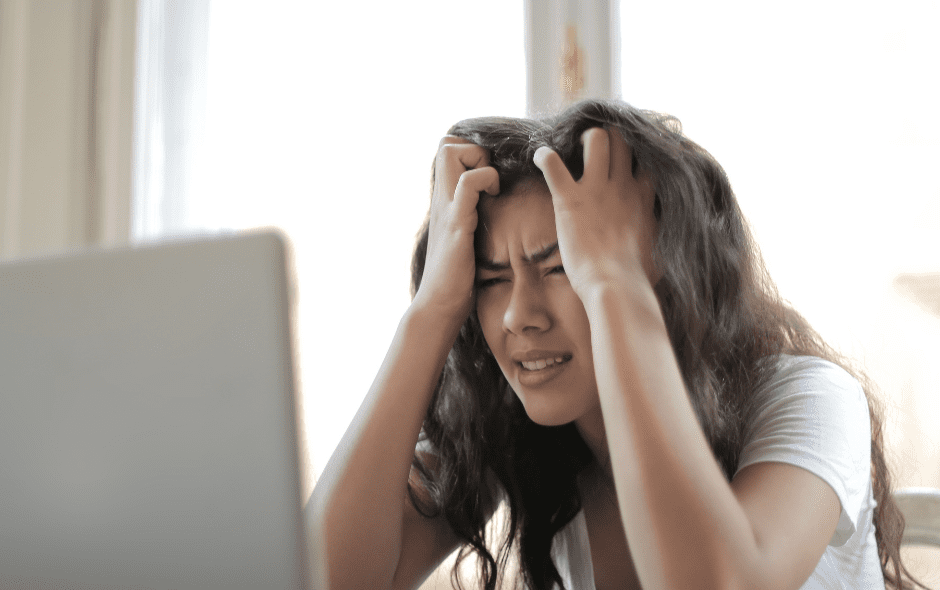Many people will feel upset, stressed or anxious after a new diagnosis of epilepsy.
This is a completely normal reaction. It is important to give yourself time for your treatment to work and for things to settle down.
For some people stress and anxiety can be a seizure trigger. This week’s blog looks at how to identify stress and how to cope with stress and anxiety.
Identifying stress
Stress can appear in a variety of different ways.
Sometimes it is difficult to tell if you are experiencing stress. Our friends and family are often the first to pick up on the signs.
Being aware of what to look out for can often help you identify if you feel stressed or anxious.
These can include:
- poor sleep
- irritability
- poor concentration
- poor memory
- sweating
- lack of appetite
- headaches
- depression or feeling low
- feeling tired or having excess energy
Some of these symptoms can also be side effects of anti-epileptic drugs. So, if you are experiencing any of these symptoms, always speak to your epilepsy specialist nurse or GP first.
Coping with stress
You may not always be able to avoid stressful situations, but you can often change how you respond to stress. We are all different and need different things from life. Not everything works for every person.
Find your own unique ways to help you cope with stress.
These could include being more active and get more exercise. This can make you feel more positive and less anxious. Also, exercise can help clear your thoughts and deal with problems more calmly.
It can also alter the chemical balance in the brain to help counter the effects of stress. Most forms of exercise can be made safe for people with epilepsy.
Also, avoiding certain habits such as drinking too much caffeine or alcohol can help decrease stress and anxiety.
Many drinks contain caffeine, such as coffee, tea, some fizzy drinks, sports drinks and energy drinks.
Some painkillers and cold remedies you buy over the counter also may contain caffeine. You will be surprised to discover how much caffeine you consume when you add it all up.
Cutting down on caffeine can help you reduce stress and anxiety. Meanwhile, drinking too much alcohol can make you more stressed and anxious.
Also, Some anti-epileptic drugs do not mix well with alcohol and can increase the risk of seizures or medication side effects.
More information on this can be found in our previous blog.
Connect with people
Having epilepsy can make you feel lonely at times. It’s not always easy to open up to others and talk about what it’s like for you. Bottling things up can be stressful.
Find someone you trust and start talking. Some people may find it easier to talk to someone they don’t know. Our helpline officers are here to help; contact them on 0808 800 2200.
Consider joining an epilepsy support group if there is one in your area. Alternatively sign up to an online support group, such as our own Facebook private support group. Knowing you are not alone in what you experience and how you feel can help you feel connected.
Learn relaxation techniques
Relaxation techniques can help towards lowering your stress levels. This could be learning specific breathing exercises, meditation or yoga.
Find yourself a class or check out the many online resources. We all have different ways of relaxing, and for some people this could be simply listening to music or going for a walk.
Whatever works for you, try and incorporate this into your daily life, so you will reap the benefits.
For more information, please read our epilepsy and stress/anxiety factsheet or call our freephone helpline on 0808 800 2200.




